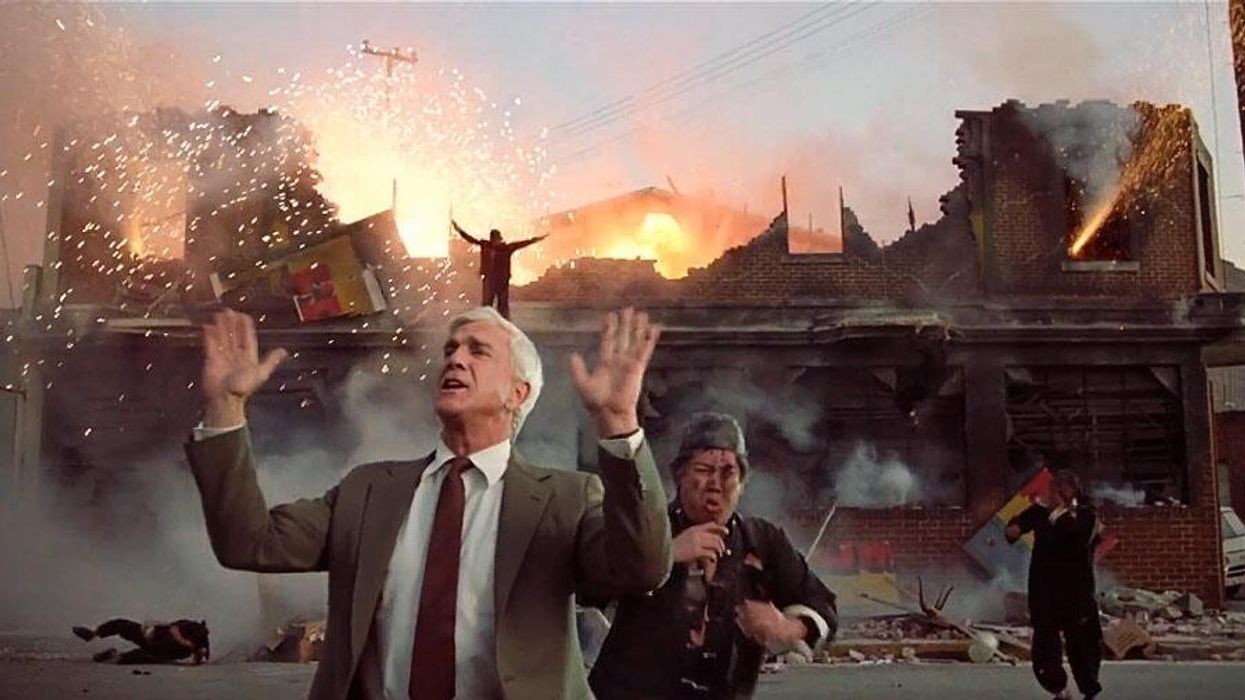The Art of (Women and) Film Editing with Dede Allen and Thelma Schoonmaker

This kind of work is not for the faint of heart. If you're an editor, you know that what you do includes more than splicing pieces of film and video together. It includes being the director's best friend, a skilled storyteller, and oftentimes a life/career-saving magician.
One of the more interesting facets of film editing is that in a traditionally male-centric filmmaking world, there are so many examples of prominent female film editors (the late Sally Menke, who worked with Quentin Tarantino, and Thelma Schoonmaker, who has been cutting with Martin Scorsese since 1967, being just two of the most famous, along with Alisa Lepselter and Susan E. Morse, both of whom have cut for Woody Allen).
Perhaps the most influential trailblazer in this field, though, was Dede Allen, who passed away in 2010; her career as an editor spanned seven decades and saw her cut films as diverse as The Hustler (in a neat coincidence, that classic's sequel, The Color of Money, was cut by Schoonmaker), Bonnie and Clyde, Serpico, Reds (for which she was nominated for an Academy Award), Dog Day Afternoon and The Breakfast Club. In an interview (available here in this Cinephilia and Beyond post) she discusses some of the wisdom she's accrued over the years:
I learned a lot about performance from Arthur Penn, with whom I did six pictures. I learned a lot about everything -- including psychology -- from Elia Kazan. From Paul Newman I learned a great deal about acting. From Warren Beatty you learn a lot about everything, including how to be smarter in life. Warren’s one of the best producers I’ve ever had. He was our producer on Bonnie and Clyde. He was 30 years old then. He’s a very, very brilliant guy. You learn, and he learns from you because he lets you teach. He works with people very well, much like Kazan does.
As this quote attests, film editing is a skill that isn't just one skill, but all of them. Watch these amazing interviews with Dede Allen, a playlist collected by Cinephilia and Beyond that is almost two hours long and, as they say, "ironically, as Dede started off as a sound editor, the audio quality isn’t great." Still, though, it's definitely worth a watch:
Thelma Schnoonmaker has been working with Martin Scorsese since his NYU days in 1967. Here's an amazing 13-minute clip of them together, working on Scorsese's piece, Life Lessons, from the 1990 anthology film, New York Stories. If you ever wanted to be a fly on the wall while one of our greatest modern directors works with one of our greatest modern editors, here's your chance:
And here's a clip from the finished product (one of the more obscure entries in his filmography, the whole short is worth seeking out, especially for any Scorsese buffs out there):
Last but not least, here's Schoonmaker discussing what it was like to edit a scene from Scorsese's film, Hugo. Ironically, she says, it was a little like cutting a famous scene from another Scorsese film, Goodfellas (clip exceptionally NSFW, obviously):
Which editors have inspired your editing craft? Why do you think so many prominent film editors are women? Let us know in the comments!
Link: What Makes a Great Edit? Scorsese's Legendary Editor Thelma Schoonmaker -- Fast Co. Create
[via Cinephilia and Beyond]











